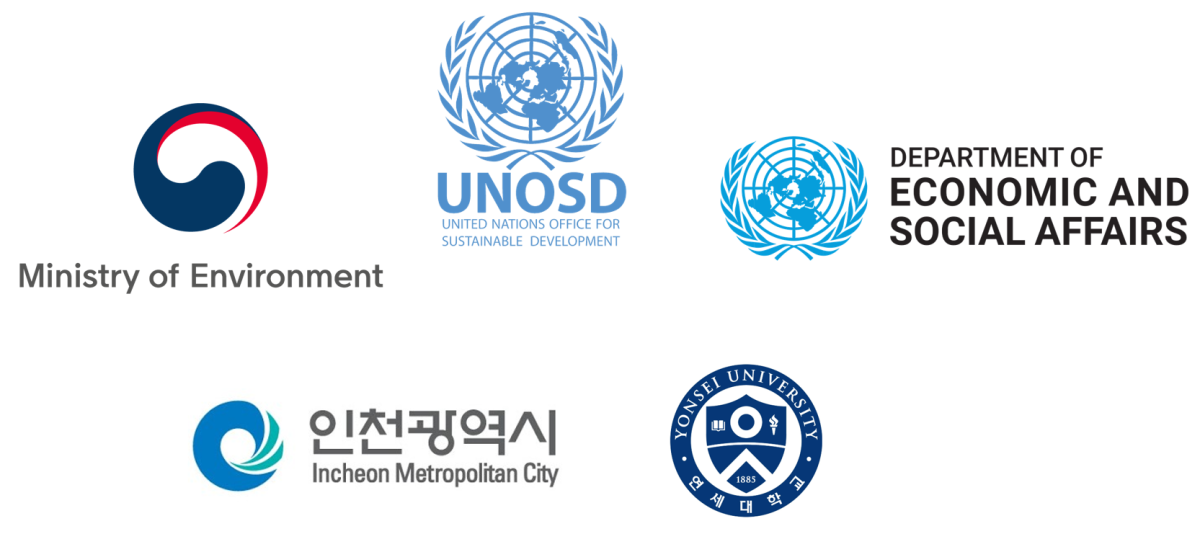About
The United Nations Office for Sustainable Development (UNOSD), supports the UN Member States in planning and implementing the 2030 Agenda for Sustainable Development and achieving the 17 Sustainable Development Goals (SDGs) through knowledge sharing, capacity development, policy advisory, research, and partnerships with a particular focus on Least Developed Countries (LDCs), Small Island Developing States (SIDS), and Landlocked Developing States (LLDCs). UNOSD was established in Incheon, Republic of Korea in 2011 by the United Nations and the Government of the Republic of Korea. UNOSD is part of the Division for Sustainable Development Goals (DSDG) of the United Nations Department of Economic and Social Affairs (UN DESA).
- Division for Sustainable Development Goals, UN DESA
- Ministry of Environment, Republic of Korea
- Incheon Metropolitan City, Republic of Korea
- Yonsei University
[Read more about the United Nations Office for Sustainable Development]











